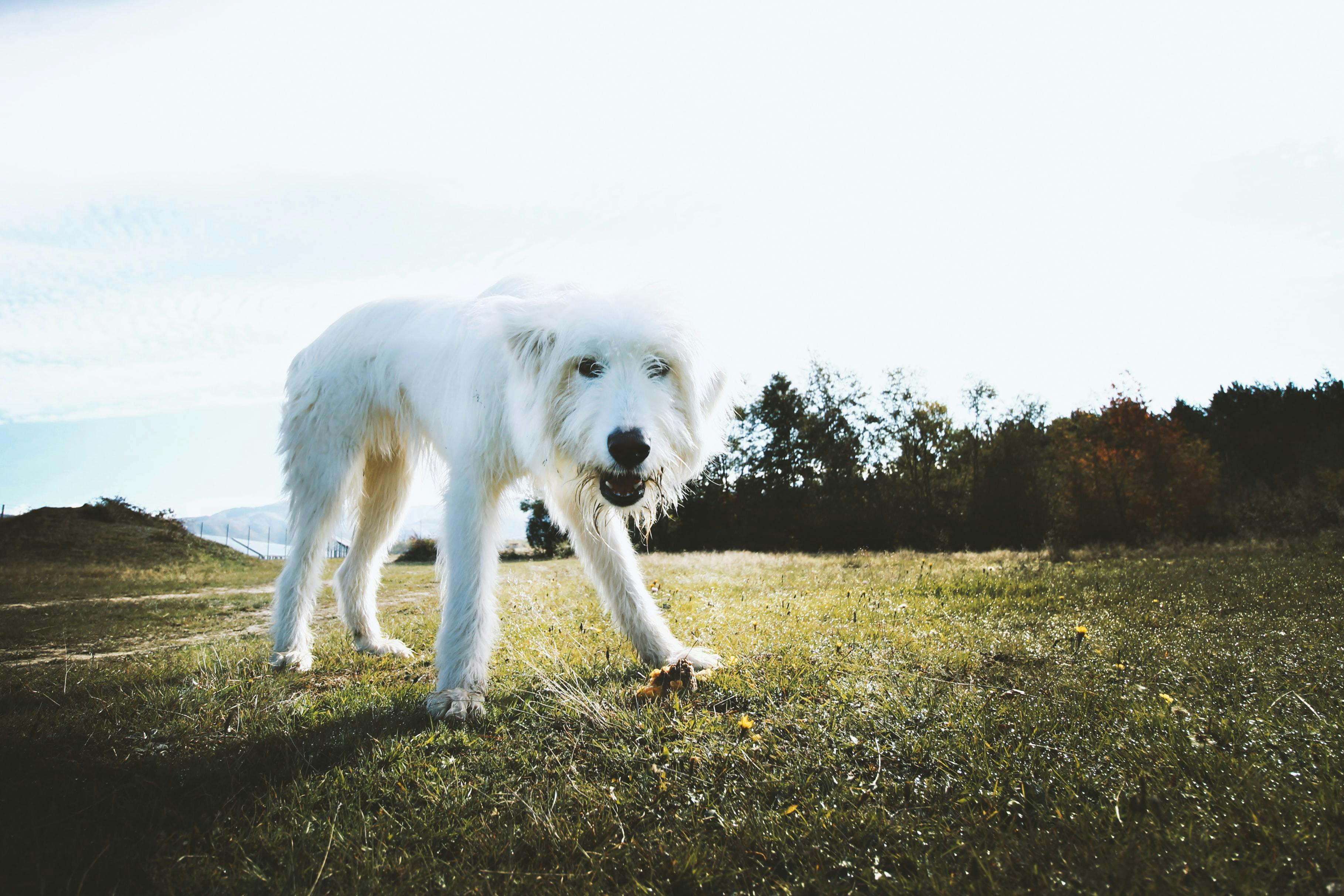Published: 5/17/2021
Canine
anemia occurs when the body doesn’t have enough oxygen-carrying red blood cells to function normally. Dogs with anemia may be
lethargic, have
pale gums,
refuse to eat, and be unable to exercise. Anemic dogs rarely act like their usual selves and may require a little extra help from their pet parents. Read on to learn about medical interventions and home remedies to help you care for an anemic dog.
Have them seen by a vet
Anemia is a symptom rather than a condition, and finding what is causing your pet’s anemia is essential to treating it.
If you suspect your dog could be anemic, your first step should be taking them to a vet. A veterinarian will take blood and urine samples for testing to see the root cause of your dog’s symptoms. Blood tests will allow the vet to see how many healthy red blood cells are in the sample, whereas a urinalysis will rule out organ dysfunction. A veterinarian will also physically examine your dog for injuries that could be causing blood loss.
Further testing may be necessary if the tests determine your dog’s body isn’t producing enough new red blood cells to replace the unhealthy ones. This type of test is called a
bone marrow biopsy. Once the vet establishes the underlying illness, treatment may begin.
Treatment can look many different ways for anemic dogs. Dogs with an autoimmune disorder may be prescribed immunosuppressants or corticosteroids to keep the body from attacking its own cells. If the dog has anemia due to parasites, vets will typically give dewormer and antiparasitic drugs to address the root cause. Chemotherapy drugs are usually given to dogs with cancer-related anemia. Dogs with severe anemia may require a blood transfusion to stabilize red blood cell levels.
Give prescription meds as directed
If your vet prescribes your pupper medications for anemia, make sure you’re giving them correctly. Some medications have to be taken with or without food to function properly. Ask your vet for specific directions on administering your pet’s medications to ensure the best results possible.
Treat them for fleas
Flea infestations are a leading cause of anemia in dogs, especially small breeds and puppies. Treating the flea infestation is paramount when dealing with dogs with flea-related anemia. Flea anemia is caused by
fleas drinking so much blood that the dog has an insufficient amount of red blood cells left. For some, fleas may seem like a nuisance, but make no mistake — this condition can be deadly if left untreated.
Do not assume that your dog doesn’t have fleas just because you don’t see them or your dog isn’t scratching. Fleas are hard to spot and often hide in the short fur of the face and neck. What’s more, scratching is an indicator of a
flea allergy rather than an infestation.
Flea preventative medications are the only sure-fire way to keep fleas off your pets. Flea preventative medications are available in many forms, including topical gels, pills, and flea collars. Flea baths can also help, but it’s important to follow the directions carefully.
You may also want to
treat your yard and home for fleas with pesticide sprays and flea bombs. Make sure you read the directions carefully when treating home infestations, and remove Fido from the home while you flea bomb. As for outdoor pesticides, keep your pet off the lawn for at least 72 hours until the pesticides have time to absorb.
Use dewormer
Intestinal parasites, particularly
hookworms, are another top cause of anemia in dogs. Like fleas, you must rid the dog of worms to treat the anemia. If your dog is a puppy, it’s important to deworm regularly, even if you don’t see worms in their stool. Not all wormers are created equal, so ask your vet for suggestions for a full-spectrum dewormer.
Add more iron and vitamin B12 to their diet
Adding more
iron to the diet has long been known to help combat the symptoms of anemia, but did you know that adding
B12 can help dogs absorb more iron too? Feed your dog foods like liver, tuna, sardines, brown rice, spinach, barley, and salmon to up their iron and B12 intake.
Supplements
Oxygen molecules attach to the iron molecules in blood cells; for this reason, many vets suggest starting anemic dogs on iron supplements. The addition of a B12 supplement may also ease the symptoms of anemic dogs. Besides helping the body to absorb more dietary iron, B12 also helps convert this essential mineral into hemoglobin. Ask your vet before starting your dog on any medications or supplements, particularly if they have other underlying conditions.
Dial it back on the daily walks
Anemic dogs tire easily, so you may want to cut back on the length and frequency of your daily walks. When walking, watch your dog for signs of exhaustion. Turn back around if your dog starts panting heavily, laying down, or shows other signs of exercise intolerance.


